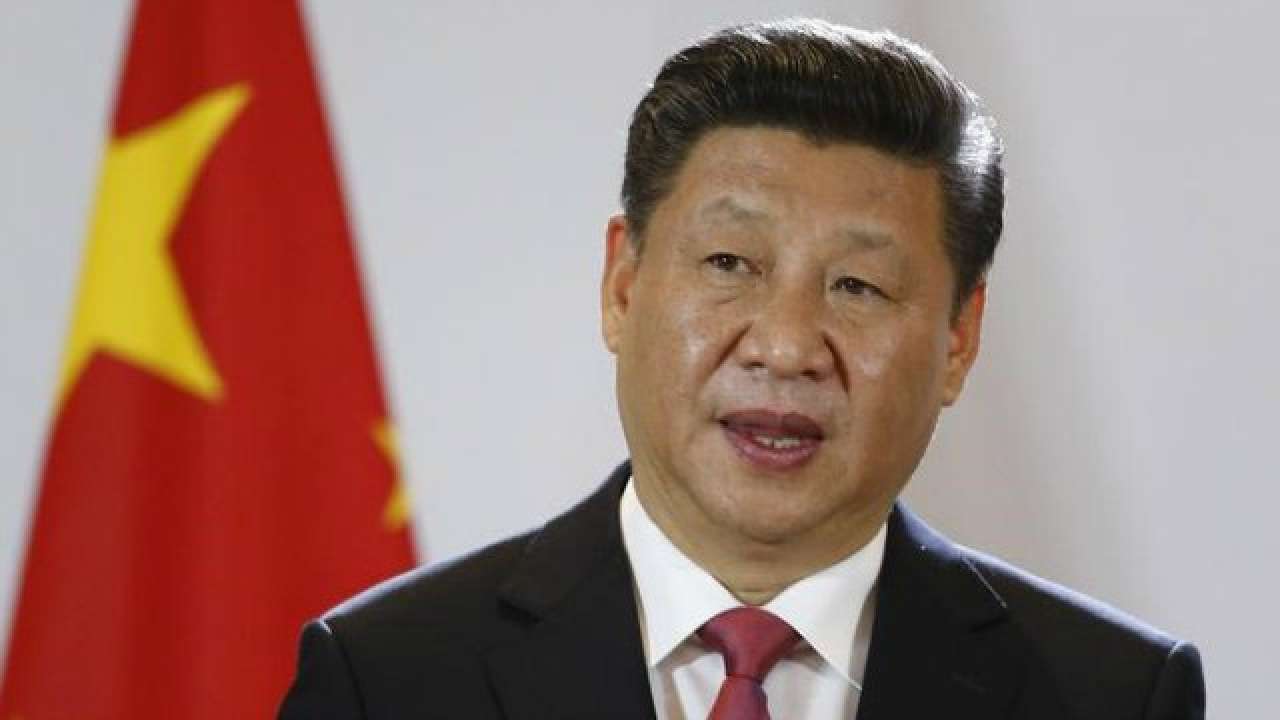
The decision by the Chinese Parliament to allow President Xi Jinping to be president for life has implications for New Delhi. While some are wary, others believe that dealing with a single point person can only help kickstart India-China relations, which has seen its fair share of tensions in 2017. From Dalai Lama’s visit to Arunachal Pradesh, to Beijing’s continued blocking of the bid to declare Maulana Masood Azhar a terrorist, to the Doklam standoff — which saw a surprisingly shrill anti-India media campaign from the normally cautious Chinese media — India-China relations touched a new low at that point.
New Delhi’s refusal to attend the BRI — China’s Belt and Road Initiative last year — was also viewed negatively by Beijing, ensuring that each side regarded the other with an air of suspicion and distrust. So can Xi’s elevation change this? Yes and no. Despite the huge domestic implications that Xi’s elevation will have for the country, China’s foreign policy has remained largely unchanged regardless of who has been in power. On the positive side, if New Delhi does make the right overtures, Xi — who many say is now as powerful as Chairman Mao Xedong — may get more elbow room to reciprocate. But all this remains in the realm of conjecture.
China, so far, has shown no signs of dropping or even lessening support to its ‘all weather’ friend Pakistan and there was the not so subtle warning to India to keep out of the Maldives crisis, through the 11 warships that sailed into the East Indian Ocean in February. Such actions, however, should not unduly alarm India. Given that New Delhi will be a global power in the forthcoming future, it would be foolish to think that China will not try to test our mettle. Also, as both countries know well, despite irritants such as the Dalai Lama and Doklam, they do have to work together.
China’s Foreign Minister Wang Yi already indicated the same in a media interaction last week where he said that both countries had to shed their mental inhibitions to boost bilateral ties. “A shared understanding far outstrips our differences. Our common interests far outweigh our frictions. China is willing and ready to inherit and take forward our traditional friendship and be a friend and partner of Indian people... I hope the two sides will be free from mental inhibitions and meet each other halfway. Let us replace suspicion with trust, manage differences with dialogue and build a future with cooperation,” he said.
New Delhi needs to take the hint from the Chinese Foreign Minister’s statement and build on it. The recent ‘trade war’ where US President Donald Trump has moved to set up high tariff walls, may work as a further impetus for the two countries to come together. Given that India and China’s bilateral trade — despite the recent Doklam crisis — touched $84.44 billion in 2017, a historic high, there is every reason to hope that they will. It also helps that Indian exports to China rose by 40%. Clearly, with Xi at the helm, India and China have great scope to boost bilateral and more specifically — trade relations.